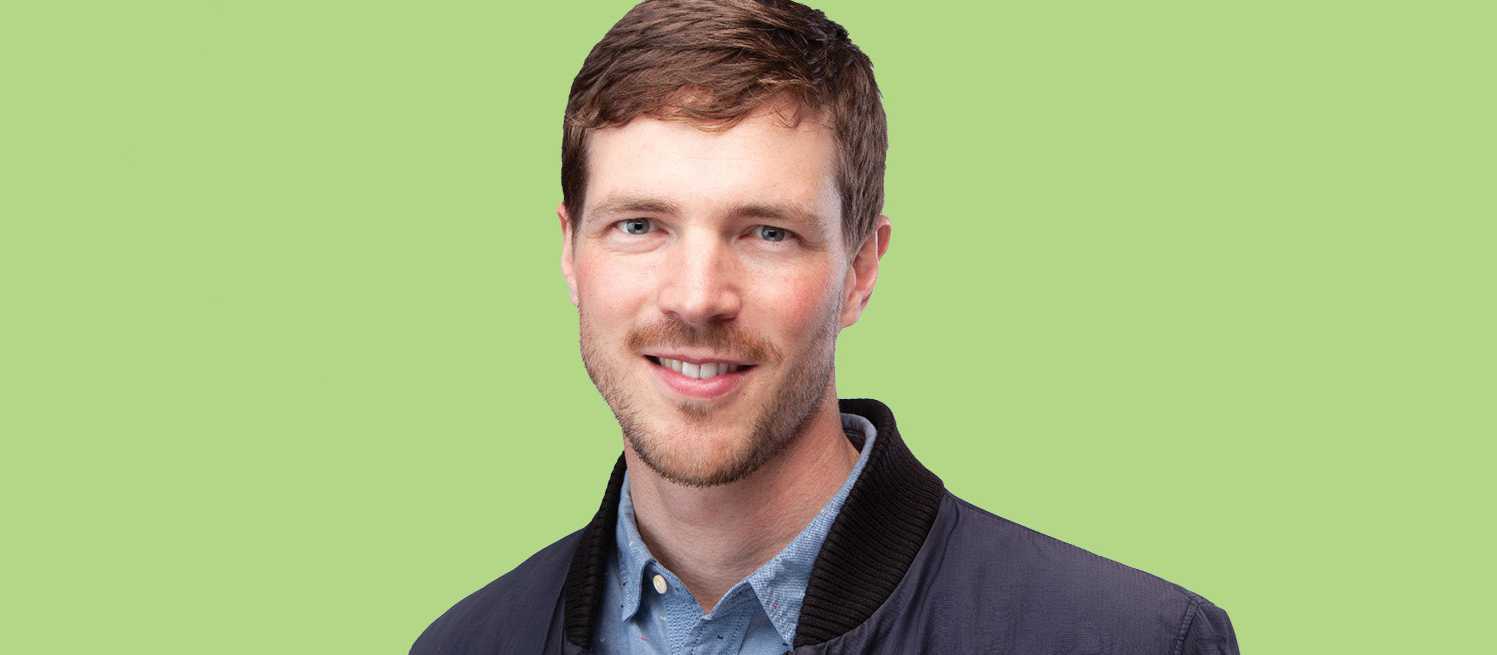Flavio Pfaffhauser: “It was the perfect moment to take a leap”
Flavio Pfaffhauser completed his Master's degree in computer science at ETH Zurich in 2010. Today, as Chief Innovation Officer (CIO) and co-founder of the ETH spin-off Beekeeper, it is his mission to take the rising software provider to the top of the world.

Flavio Pfaffhauser, why did you decide to study computer science at ETH Zurich?
I’ve always been fascinated by computers and the internet. Even as a high school student I programmed websites and built my own PCs with hardware components. I wanted to understand exactly how it all worked.
Which moments from your studies do you remember most?
My first programming success: I programmed a pocket calculator in Eiffel, in a lecture by Professor Bertrand Meyer. As a member of the ETH Juniors, I was able live my passion for entrepreneurial thinking and action during cold calls on the phone and presentations at companies. And finally, my exchange year at the University of Washington in Seattle gave me an instructive look beyond my own nose.
What did you do after your studies?
I spent half a year in India doing an internship at Accenture, an international company with a focus on IT services and consulting. There, I was able to observe how large-scale offshoring – the large-scale relocation of business activities abroad – works for clients from the West. The six months were very impressive, and at the same time pretty crazy. Even just during my internship, Accenture hired thousands of employees worldwide. Back in Switzerland, I focused on my dream of founding my own company.
Your dream of founding a company soon became reality. How did it come about?
I was very goal-oriented: to learn as much as possible about the start-up phase of a company, I began working at the young start-up Memonic as a software engineer. There, I was responsible for a web application for creating notes. The idea that eventually led to Beekeeper was developed over several weekends with my co-founder. When we won the first round of Venture Kick, we quit our jobs and focused 100% on Beekeeper. I didn’t hesitate for a second, because I had known since university that I wanted to start my own company. Moreover, Memonic was in a reorientation phase at the time. It was the perfect moment to take a leap.
What does Beekeeper do?
With its software, Beekeeper brings the bulletin board with internal messages to the smartphone. The product combines various functions such as feeds and chats. This allows management and employees to communicate digitally in a simple and easy way. Our customers are mainly companies from the catering industry, industry or construction – in other words, everywhere where work is still done manually and not from a desk.
Is it true that Beekeeper was born out of a flirting platform?
Yes, it’s true. Some lines of code that were originally created for a flirting app are still part of our software today. Both apps are about communication, just in different contexts.
What is your role at Beekeeper?
Since I started at Beekeeper about 11 years ago, my role has changed a lot. I take on those tasks where I can contribute most to Beekeeper’s success. After ten years as CTO (Chief Technology Officer), I am now CIO (Chief Innovation Officer), responsible for the further development of our company.
What do you particularly appreciate about your job?
The variety and the great potential of our mobile platform in numerous industries and companies. I appreciate the fact that my core competence, IT, is a central aspect of my daily work. I also very much enjoy passing on my entrepreneurial experience to the next generation of start-ups as a mentor and business angel. Many of these young companies, for example Archlet or Lightly, stem from the ETH environment.
What do you do when you’re not working?
For me, sailing is a perfect balance to my strongly digitalised everyday life. This archaic form of movement in wind and weather fascinates me.
What was your favourite lecture?
Actually, all of Professor Donald Kossmann’s lectures. I really liked his humour and therefore found it easy to learn. Also, I was very interested in information systems and databases from the beginning. I chose the topic for my Master’s thesis accordingly and wrote about the modular cloud storage system Cloudy.
What do you wish for D-INFK on its 40th birthday?
I wish for D-INFK to continue to offer high-quality education, to conduct relevant research and to advocate for computer science in primary schools. I also wish for the department to promote the entrepreneurial spirit of its students and to cooperate with other disciplines. And personally, I think it would be great if the department worked even more closely with the computer science alumni association IAETH. There is a lot of potential in the alumni network.
40 years D-INFK
In 1981, the computer science curriculum was introduced at ETH Zurich. At the same time, the IIIC division was established, which was the foundation for today's Department of Computer Science. On the occasion of its 40th anniversary, we present alumnae and alumni who have carried their knowledge and skills from ETH Zurich into the outside world over the past four decades.
Anniversary website